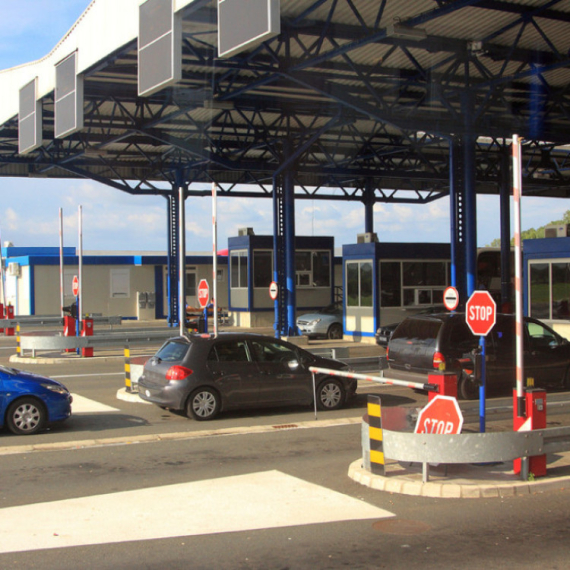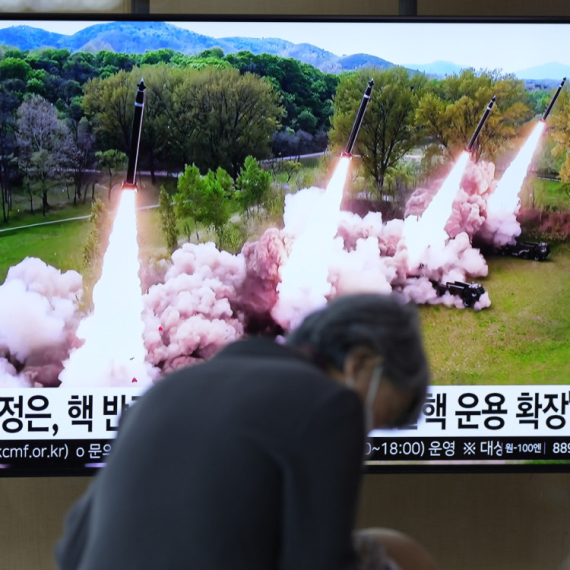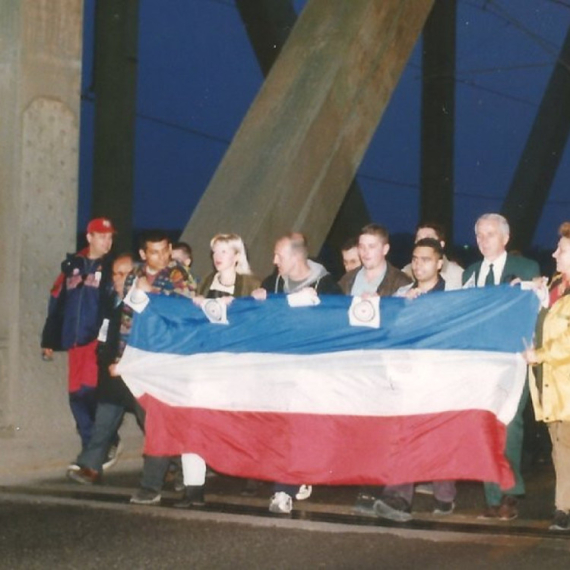Several reception facilities built in Serbia - minister
Several temporary reception facilities for refugees from the Middle East and North Africa are being built in Serbia using money from foreign donations.
Tuesday, 01.09.2015.
16:22

Several reception facilities built in Serbia - minister
He said that temporary reception centers were built to help "both refugees and citizens of Serbia.""When you help migrants, it is the biggest service to the local population. When you, as in Presevo, manage to extract people from a non-humane space, you give people the chance to use the city center. When you do the same in Belgrade, you will place people where they have every protection, and at the same time enable Belgraders to use their parks," said Vulin.
He added that 100,000 migrants have expressed their intention to obtain asylum in Serbia, but that "only a dozen sought asylum and have been granted it."
"We're not building any permanent capacities, but temporary transit capacities, so that people are not in the street, and their children don't get sick, considering the winter is approaching," the minister said.
Vulin added that these centers are being built "solely from donations from European funds and international organizations dealing with migrants."
The minister was today in Vlasotince, a municipality in southeastern Serbia, where he attended the opening of a newly built 87 square-meter facility for persons with mental and intellectual disabilities from Vlasotince and Crna Trava.
"Vlasotince showed that it takes care of its weakest citizens. The desire of the Ministry is that such services are performed throughout Serbia, that they become part of everyday life of each local government. Unfortunately, there are municipalities there this kind of service is lacking. The cause is money, and sometimes also prejudice and a lack of interest," said Vulin.
The minister added that the state has allocated RSD 500,000 to encourage employment of people with disabilities through the National Employment Service, but that these funds have not been spent yet.
"There is an insufficient number of employers who turn (to the Service) for this measure. A large number of employers often rather pay penalties than hire a person with disabilities," Vulin pointed out.


























































Komentari 2
Pogledaj komentare